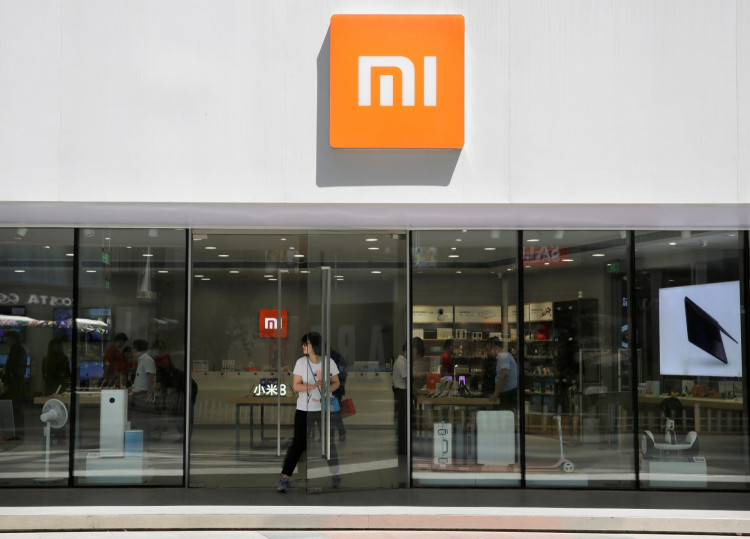Xiaomi reported record first-quarter revenue and profit on Tuesday, driven by growth in its smartphone segment and expanding electric vehicle (EV) business, even as it prepares to launch its second electric model, the YU7 SUV, in July.
Revenue for the quarter ended March 31 rose 47% year-over-year to RMB 111.3 billion ($15.48 billion), exceeding analysts' expectations of RMB 107.6 billion, according to LSEG. Adjusted net profit jumped 65% to RMB 10.7 billion, surpassing the RMB 8.96 billion forecast.
Xiaomi President Lu Weibing credited the results to the company's strategic shift toward premium products. "Xiaomi's strategy to focus on high-end products had yielded positive results," Lu said during a call with reporters.
Xiaomi's EV division generated RMB 18.1 billion ($2.5 billion) in revenue in the first quarter, up 11% from the previous quarter. The company delivered 75,869 units of its SU7 electric sedan series, up from 69,697 in Q4 2024. Cumulative deliveries of the SU7 series have now surpassed 258,000 units, according to the company.
Gross margin from innovative businesses, including EVs and AI, rose to 23.2%, compared with 20.4% in the prior quarter. Operating loss from these segments narrowed to RMB 500 million from RMB 700 million.
Despite strong quarterly performance, Xiaomi's EV segment has faced challenges. Orders declined after a fatal March highway crash involving an SU7 operating in driving-assistance mode. The company has also come under fire for allegedly misleading advertising. Earlier this month, Xiaomi issued a public apology, saying its marketing was "not clear enough."
The company is now preparing to release its YU7 electric SUV, unveiled on May 22. Lu said the vehicle could target a wider market than the SU7, and while pricing has not been confirmed, better configurations are expected to make the YU7 RMB 60,000-70,000 more expensive than Tesla's Model Y, which starts at RMB 263,500 ($36,574).
As of the end of March, Xiaomi operated 235 car sales stores across 65 Chinese cities.
On the smartphone front, Xiaomi shipped 41.8 million devices in Q1, up 3% year-on-year, retaining its position as the world's third-largest smartphone maker with a 14.1% market share, according to Canalys data cited in the company's filing.
Xiaomi's market value has climbed to roughly $170 billion, outpacing BYD, China's largest EV manufacturer, which stands at around $161 billion.






